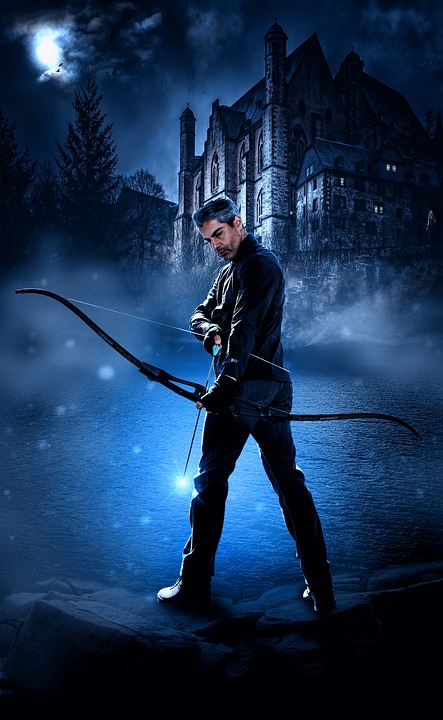
The crossbow law, or the law that determines the legality (or not) of the possession of a crossbow, is a rather ambiguous law in the United States as it applies differently in the various states. First of all, a crossbow is a weapon that makes use of an arrow or a bolt to hit a target by mounting it on a stock and then using the trigger to cause the arrow string to propel the projectile. Due to its structure and construction, the crossbow is a rather controversial weapon as it closely resembles a firearm. But some people won’t go so far as say that it is actually a weapon like a firearm. As such, the crossbow law is different from state to state.
In some states, crossbows are legal during certain times or seasons of the year. In Alabama, crossbows are legal for all people only during the deer hunting season. In Colorado, Virginia, Tennessee, Pennsylvania, Ohio, Oklahoma, North Carolina, New Mexico, Wyoming, West Virginia, and New Jersey, crossbows are legal for all hunters during the gun season and for the handicapped during the archery season. In Arkansas, crossbows are officially permitted even during bow seasons, but the crossbow should weigh at least 125 lbs. and must have a mechanical safety function. In Delaware, crossbows are legal in the December and January gun seasons, and on Mondays to Saturdays in November during shotgun seasons. In Georgia, crossbows are legal in all seasons. In Indiana, permission to use a crossbow is granted only in the late archery season and only if antler-less deer are hunted.
In Kentucky, the use of crossbows is allowed only during the muzzleloader and rifle seasons, but is only legal during the archery season for handicapped people only. In Louisiana, a crossbow season is decided by the state. In Maryland, crossbows are only legal in the Suburban Deer Archery Zone during bow season, but are legal after the age of 65. In Michigan, crossbows that fire bolts at a speed of 350 per second are legal anywhere for people aged 50 or older during bow season; for people aged 12-49 during any hunting season in Zone 3; and for all during gun seasons. In Nevada, it is legal during all gun seasons. In Texas, the crossbow law allows use anytime, except at Gray County.
Some states require hunters to have a permit before they can even ask for permission to use a crossbow. In Alaska and Montana, crossbows are not permitted in bow-only areas, although they can be used in areas where firearms are permitted during the hunting season. Sad to say, there are no stipulations for the handicapped. In California, North Dakota, Wisconsin, Rhode Island, South Dakota, New York, New Hampshire, Connecticut, Hawaii, Florida, Minnesota, Idaho, Utah, Vermont, Massachusetts, and Arizona, crossbows are legal for the handicapped strictly only after they have secured a permit.
In Illinois, hunters should secure an archery deer permit for them to use a crossbow, but for those aged 62 and above, they are permitted to do so even without one, along with the handicapped. In Iowa, handicapped hunters must secure a permit, and hunters older than 70 years are allowed to use a crossbow only after purchasing a permit to use it against antler-less deer. In Maine, the disabled are permitted to use crossbows, but other hunters are required to present a crossbow license in order to hunt bears during the open season and deer during the open firearm season. Crossbows are legal in Nebraska for hunters during pronghorns and deer guns seasons, but require a permit for the handicapped. The crossbow law in Ohio states that usage is illegal.